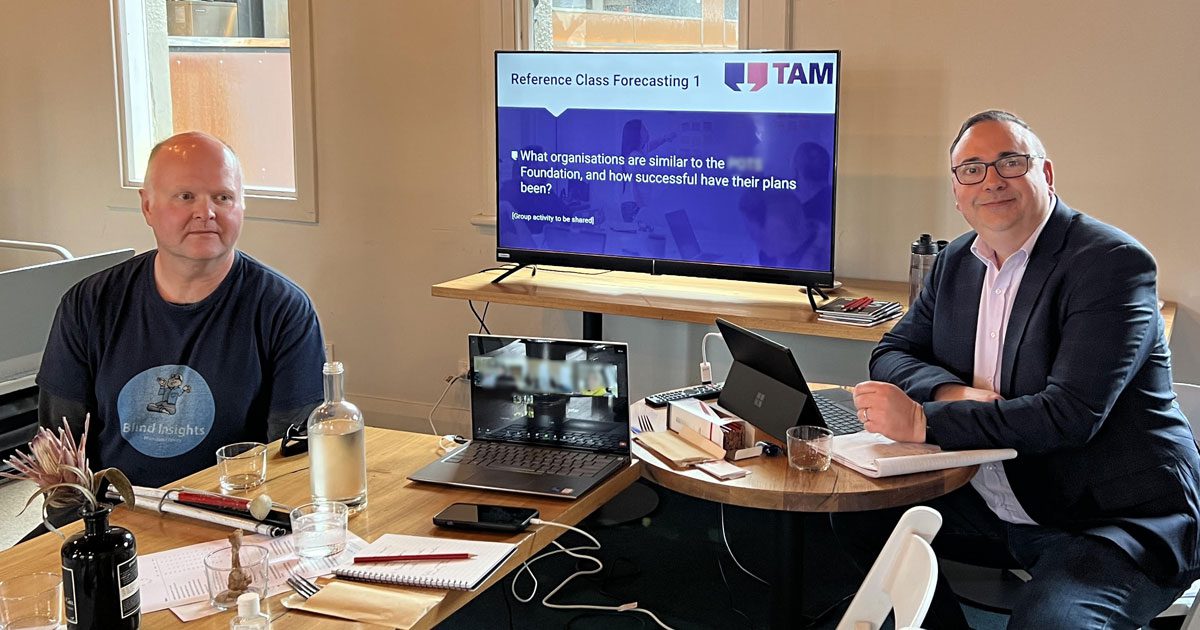On Adelaide's FIVEaa with Richard Pascoe on the weekend, I took my cue for my small business segment from recent coverage of "the great resignation"; the reported surge in people leaving or changing jobs in the wake of Covid 19 disruptions.
One story I saw reported that one in five Australians changed jobs last year but another two million Australians were set to quit their jobs in the next 6 to 12 months because they're incredibly unhappy with their current employer.
This is what's being called The Great Resignation and media coverage suggests it's been huge in the USA but it looks like we are about to follow.
Interestingly, since doing the interview, I have check Australian Bureau Of Statistics figures for labour mobility percentages in years before Covid.
It seems that 8.1% of Australians changed jobs in the 12 months to February 2018 (slightly less than the Great Resignation figure), while 11.6% changed jobs in the 12 months up to Februrary 2006 (much higher than the Great Resignation).
The Great Resignation in Australia
Be that as it may, Allianz Australia shared results of a survey it carried out, noting that 42% of Aussies are experiencing fatigue and burn out, while 34% have been hit by increased work loads due to staff shortages and a failure to replace lost employees.
It would be really interesting to see if Allianz has survey data on its own staff!
In one story I saw, a woman interviewed said she was so desperate to leave her job that she took an $80,000 pay cut - just for her own health and sanity.
What iterests me, in our work with small business owners and leaders, is how many of us simply endure fatigue and burn out for the sake of our enterprise and the people relying upon us?
This is why I revisited the story of my colleague, David Olney (pictured, above, with me, in one of our planning sessions with a client), who has modelled an approach to changing courses that is relevant to many people; from employees to business owners.
David Olney on how to prepare to leave a job or business
I mentioned on air that David is a very smart, well-read person, who's been totally blind since the age of 18 but has one thing many of us don't have; foresight!
And it was this foresight that helped David read the writing on the wall during his time as a lecturer in Complex Problem Solving at the University of Adelaide.
David had loved that role and endured the politics until the Covid cohort of students entered the mix. Sadly, the sudden dive in social abilities, punctuality, and engagement, meant David's enjoyment of his teaching role plummeted.
Add to that the fact that his consulting work in helping firms apply proper planning was throwing up another frustration; particpants would become armed with great insights but lacked the ability to persuade their employers to make changes.
So, David decided to resign as a lecturer and take on a Masters in Strategic Communication so that he'd have the skills to not only help businesses plan but THEN be able to persuade those in power to make the changes.
As you'll hear in my telling of his story, there are three principles upon which David's transition from disheartened lecturer to marketing consultant (with Speakeasy Marketing in the USA and Talked About Marketing here in Adelaide) is based, namely:
- Act now - if you hate your situation, waiting for later or until you get pushed is just going to delay the inevitable. Some of this was based on insights from Annie Duke's book, Quit: The Power Of Knowing When To Walk Away.
- Take generosity and reciprocity seriously. David seized opportunities with both of the firms he now works with, despite the engagements being voluntary and exploratory at first.
- If you're moving into a new field - read books or listen to audiobooks by industry experts. This will broaden your understanding of the sector and give you a head start.
In short, if you're feeling stuck, perhaps some reflection and some reading might help set your sights on new opportunites.
But move forward with a good dose of raw knowledge to guide you.

